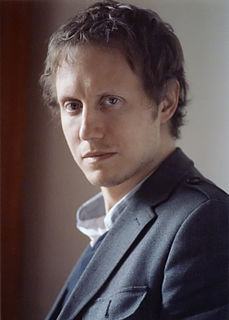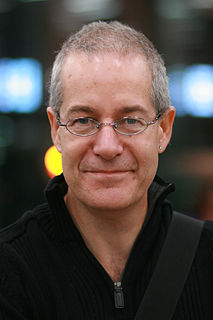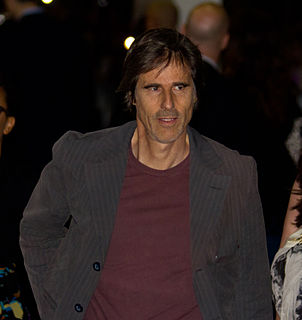A Quote by Terry Tempest Williams
Story is a sacred visualization, a way of echoing experience.
Quote Topics
Related Quotes
For two minutes a day, think of one positive experience that's occurred during the past 24 hours. Bullet point each detail you can remember. It works, because the brain can't tell the difference between visualization and actual experience. So you've just doubled the most meaningful experience in your brain.
I train myself mentally with visualization. The morning of a tournament, before I put my feet on the floor, I visualize myself making perfect runs with emphasis on technique, all the way through to what my personal best is in practice.... The more you work with this type of visualization, especially when you do it on a day-to-day basis, you'll actually begin to feel your muscles contracting at the appropriate times.
Sometimes all we need is only listening to an inner voice and remaining human in a very personal way. But even if it is a personal way, it's still a very valid way - maybe the most valid way. It doesn't have to be a collective experience or someone telling you what to do. The most sacred human experience can be a very personal one.
I don't see any Stoic practice as problematic or risky, but I would advise to engage in extreme versions of the negative visualization exercise only if you are an advanced practitioner. The negative visualization is a meditation during which you visualize, slowly and deliberately, something bad or discomforting happening to you.
My readers have to work with me to create the experience. They have to bring their imaginations to the story. No one sees a book in the same way, no one sees the characters the same way. As a reader you imagine them in your own mind. So, together, as author and reader, we have both created the story.


































